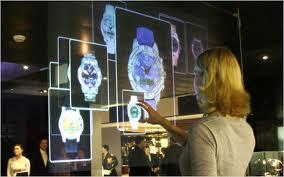Community-based afterschool programs are valuable spaces for researchers to codesign technologies with direct relevance to local communities. However, afterschool programs differ in resources available, culture, and student demographics in ways that may impact the efficacy of the codesign process and outcome. We ran a series of multi-week educational game codesign workshops across five programs over twenty weeks and found notable differences, despite deploying the same protocol. Our findings characterize three types of programs: Safe Havens, Recreation Centers, and Homework Helpers. We note major differences in students' patterns of participation directly influenced by each program's culture and expectations for equitable partnerships and introduce Comparative Design-Based Research (cDBR) as a beneficial lens for codesign.
翻译:暂无翻译





